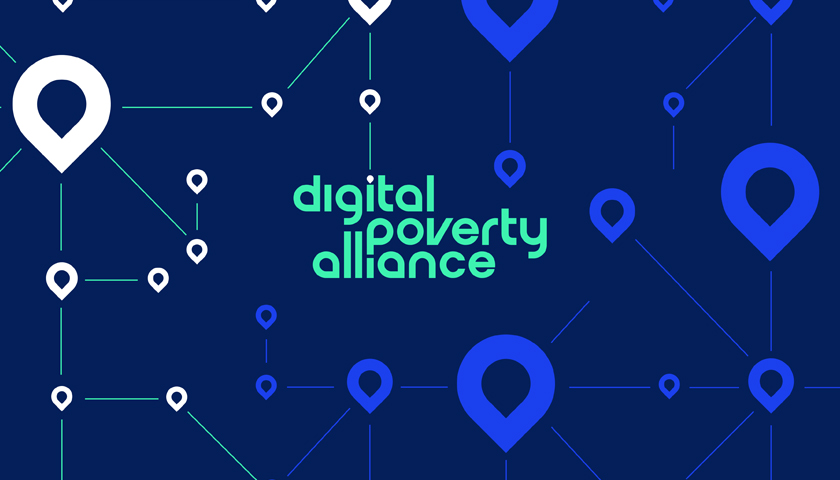86 per cent of parents say cost is the reason why their child did not have a laptop, according to a survey by the Digital Poverty Alliance (DPA), worsening the digital divide in deprived areas.
Unsurprisingly, 88 per cent of parents felt their child was significantly disadvantaged without a laptop. A lack of devices and connectivity presents a significant barrier to educational achievement, with nearly 80 per cent of children in families surveyed having online homework at least once a week, with older children being assigned online tasks even more frequently.
To tackle the issue, the DPA, in collaboration with Currys, launched the Tech4Families scheme to bridge the digital divide by providing technology and digital resources to families in need. It offers devices like laptops or tablets, as well as internet connectivity and digital skills training. The goal is to ensure that all families, regardless of their financial situation, have access to the necessary tools and support for digital learning and participation.
Elizabeth Anderson, CEO of the Digital Poverty Alliance, commented: “Digital exclusion remains a critical issue across the UK, worsened by the cost-of-living crisis, which forces families to choose between basic needs and access to technology. This digital divide significantly impacts children’s education, as many lack the necessary devices to participate in online lessons and complete homework, leading to educational setbacks.
The Tech4Families initiative was launched with the aim of bridging this gap by increasing access to digital devices and enhancing digital skills for families in disadvantaged communities. We have seen a marked improvement in student engagement and educational outcomes as a result of this support. By providing these essential tools, we are helping to equip the next generation of UK leaders and innovators with the resources they need to succeed and build a brighter future for all.”
As part of the Tech4Families scheme – which has seen nearly 1,758 laptops distributed to children aged 4-16 years old, a survey was conducted of 180 of the families receiving devices. The scheme runs in seven digitally deprived areas across the UK.
Previously, the children had to share devices or rely on alternative access points like schools or libraries, which often led to delays and complications in completing their homework, especially in non-urbanised areas. The data found that the provision of laptops allowed these students to work independently and without interruption. Those benefiting from the scheme were families on low incomes, but was also especially beneficial for children in multi-lingual families, and those with additional needs.
Laptops are a necessity for all children, enabling them to study at their own pace and reducing stress. Improvements were observed in various areas, including spelling and homework completion, highlighting the positive impact of having their own device, particularly for children with special needs.
After one month of laptop ownership, most parents (92 per cent) surveyed agree that the laptop has improved their child’s motivation to learn after a month of having the laptop; this was especially true for the older children (10 to 16).
The scheme also found a significant uplift in digital comfort and skills. When launched, Tech4Families discovered that only 40 per cent of parents and caregivers felt their child was ‘very comfortable’ using a computer, but this rose to 53 per cent after six months with access to a suitable device at home.
Michelle, Mother on the scheme commented: “My 10-year-old received a laptop through this initiative, and the excitement was instant. This laptop has truly transformed their learning, especially with homework and a maths game that was previously out of reach. The moment they realised they could finally access the game on their own device was priceless. Now, they’re thrilled to be ranked among the top 10 in their class for mental maths.”
